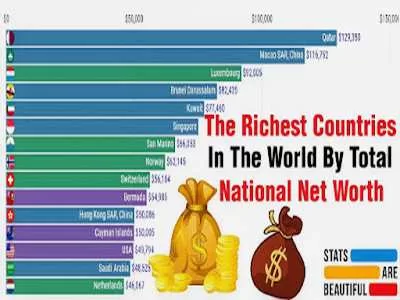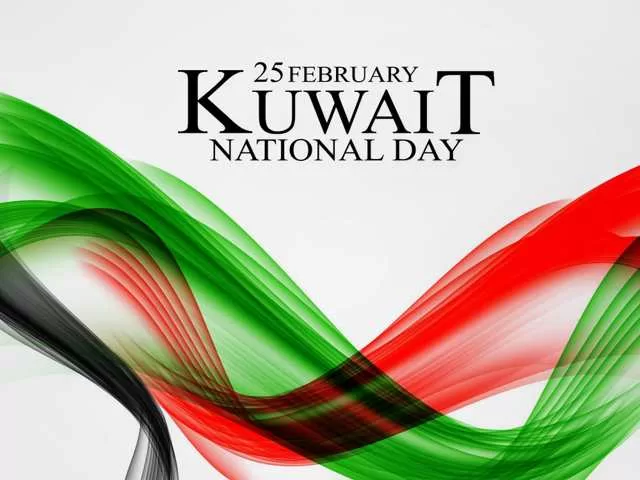Explore the rich history of Kuwait’s National Day on February 25, commemorating independence. Learn about the nation’s unique governance, diverse demographics, and vibrant celebrations.
February 25: National Day of Kuwait
Kuwait’s National Day: A February Celebration
On February 25, Kuwait proudly observes its National Day, a day intertwined with historical significance and a celebration of the nation’s journey to independence. While the country declared independence from Britain on June 19, 1961, February 25 holds a distinct place in Kuwait’s heart, marking the ascension of Abdullah Al-Salem Al-Sabah to the throne in 1950.
Abdullah Al-Salem Al-Sabah: A Key Figure in Independence
Abdullah Al-Salem Al-Sabah, who ruled Kuwait from 1950 until his passing in 1965, played a pivotal role in liberating the nation from British influence. Recognizing his importance in ending the British “protectorate” and steering Kuwait towards independence, the country chose the date of his ascension, February 25, as the National Day. Abdullah transitioned from the title of Sheikh to the first Emir of Kuwait, symbolizing a shift in the country’s governance.
Kuwait’s Constitutional Monarchy: A Unique Political Landscape
Kuwait’s political structure is characterized as a constitutional monarchy, where an elected parliament formulates laws, coexisting with a head of state reminiscent of a king, now titled Emir. The celebration of National Day reflects not only the nation’s struggle for independence but also its political evolution. The festivities traditionally include communal gatherings, feasts, music, dance, and spectacular fireworks displays, creating a joyous atmosphere for Kuwaitis.

Kuwait’s Wealth: Oil and Prosperity
Renowned for its abundant oil reserves, Kuwait consistently ranks among the wealthiest nations globally. While its affluence is evident, Kuwait underwent significant changes in voting rules in 2005, allowing wider participation. The amendment extended voting rights to women, new citizens, and military personnel. In 2009, four women made history by becoming Kuwait’s first female lawmakers, marking a transformative moment in the country’s political landscape.
Demographic Diversity: Citizens and Expatriates
Kuwait’s demographic makeup is diverse, with nearly 70% of its population categorized as expatriates. Strict citizenship criteria mean that a substantial portion of the population remains unable to vote. Approximately 57% of residents are Arab, including Egyptians, Syrians, and Iranians, while 39% are Asian, including a significant Indian population. Kuwait, with its rich cultural mosaic, stands as a testament to coexistence.
Press Freedom and Religious Harmony: Kuwait’s Distinctions
Kuwait boasts a notable achievement in press freedom, consistently ranked first in the Middle East and the Arab League. The nation’s commitment to a free press contributes to an informed society. Predominantly Muslim, Kuwait embraces Islam as its primary religion, a faith observed by the majority of its people.

Kuwaiti Cuisine: Beyond Borders
As Kuwait shares its heritage, it also shares its cuisine. One delectable treat that originated in the region but has now gained global popularity is hummus. Made from chickpeas (garbanzo beans), hummus has become a culinary ambassador of Arab nations, including Kuwait. For those curious about Kuwaiti and Arab dishes, a delightful journey into diverse flavors awaits.
In conclusion, Kuwait’s National Day on February 25 is not merely a date on the calendar; it’s a celebration of resilience, independence, and the unique blend of traditions that define this remarkable nation. As Kuwait continues to evolve, embracing its diversity and preserving its heritage, National Day stands as a testament to the enduring spirit of a proud and sovereign nation.

